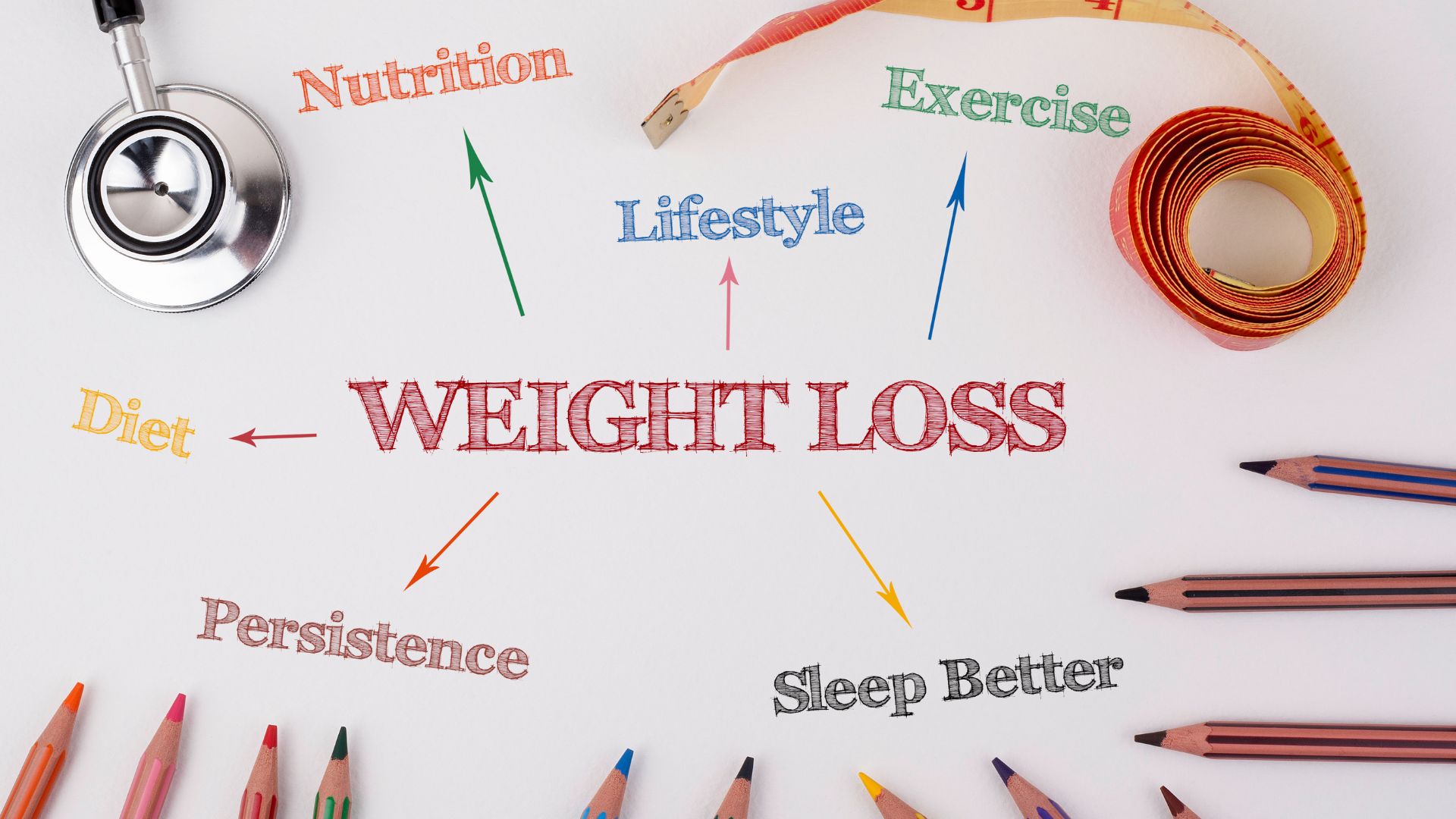We opened our clinic to give patients more family-oriented treatment and personalized care.
We opened our clinic to give patients more family-oriented treatment and personalized care.
We opened our clinic to give patients more family-oriented treatment and personalized care.

We opened our clinic to give patients more family-oriented treatment and personalized care. This includes easier access to facilities and doctors, shorter or no wait times, comprehensive assessment and treatment of acute and chronic problems, low-t (low testosterone) treatment, preventive care, lifestyle modifications, and non-surgical weight loss. Come visit our family practice in Austin soon.




Hill Fa

Osteopathic Manipulative Therapy
Osteopathic Manipulative Therapy at Hill Family Medicine SCROLL

Hill Family
Hill Family Medicine & Skin Care is proudly part of Privia Health. Privia connects us with leading doctors in the community to transform healthcare by delivering high-quality, coordinated care that is centered on our patients.
To learn more about the resources that help you manage your healthcare, or to find other Privia doctors, visit their website.


Medical Director

Family Medicine Physician

Nurse Practitioner
Hill Family Medicine is a team of board-certified family and primary care physicians proudly serving Austin and the surrounding Hill Country. We focus on personalized, family-oriented care—from preventive checkups to chronic care management and long-term wellness goals—for adult patients of all ages.
Yes. We provide allergy and food allergy testing in Austin, TX for patients experiencing seasonal allergies, digestive issues, or unexplained symptoms. Our team uses both skin testing and blood work to identify potential triggers and then develops a customized treatment and management plan.
We offer ketamine infusion therapy in Austin, TX for patients struggling with treatment-resistant depression, anxiety, PTSD, and certain types of chronic pain. Treatments are administered under medical supervision with a patient-centered approach that emphasizes safety, comfort, and effectiveness.
Yes. Our clinic provides hormone replacement therapy (HRT) for men and women experiencing hormonal imbalances such as menopause or low testosterone. HRT is part of our integrative wellness services aimed at restoring balance, improving energy, and enhancing quality of life.
Yes. Hill Family Medicine offers cosmetic Botox treatments in Austin, TX to help smooth fine lines and wrinkles for a more youthful appearance. All injections are performed by trained medical professionals in a safe, clinical environment.
Our medical weight loss programs in Austin, TX include personalized nutrition and lifestyle assessments, goal setting, and when appropriate, medication-assisted therapy such as GLP-1 treatments (including semaglutide). We take a supportive, evidence-based approach to help you lose weight safely and maintain results long-term.
Absolutely. Hill Family Medicine is your one-stop destination for both immediate and ongoing care. We treat acute conditions such as colds, flu, sprains, and infections, while also managing long-term needs like hormone therapy, ketamine treatment, allergy testing, medical weight loss, and chronic care management.
You can schedule an appointment by calling our Austin, TX office, using our patient portal, or booking directly through our website.
For your first visit, please bring:
We look forward to caring for you and your family.
Monday-Thursday
8:00 am – 5:00 pm
Friday
8:00 am – 2:00 pm
The office will be closed on the following days: New Year’s Day, Memorial Day, Fourth of July, Labor Day, Thanksgiving Day, and Christmas Day.



Patient Technology Designed Just for You
Step One
Register for the myPrivia Patient Portal
Step Two
Download the App

Autism as Evolution: A Genetic and Cognitive Adaptation to a Technological World Author: Dr. Matthew

Hill Family Medicine in Austin, TX, is dedicated to providing patients with the tools they

At Hill Family Medicine, we prioritize more than just traditional medical treatments. Our commitment to

Hill Family Medicine is an independently owned and operated medical clinic providing the most thorough

If you’re struggling with allergies, Hill Family Medicine at our Bee Cave office in Austin,

Embarking on a journey to achieve a healthier weight is more than just a physical

11420 Bee Caves Rd,
Suite A-150
Austin, TX 78738
Office (512) 428-5764
Fax (512) 428-6021
"*" indicates required fields